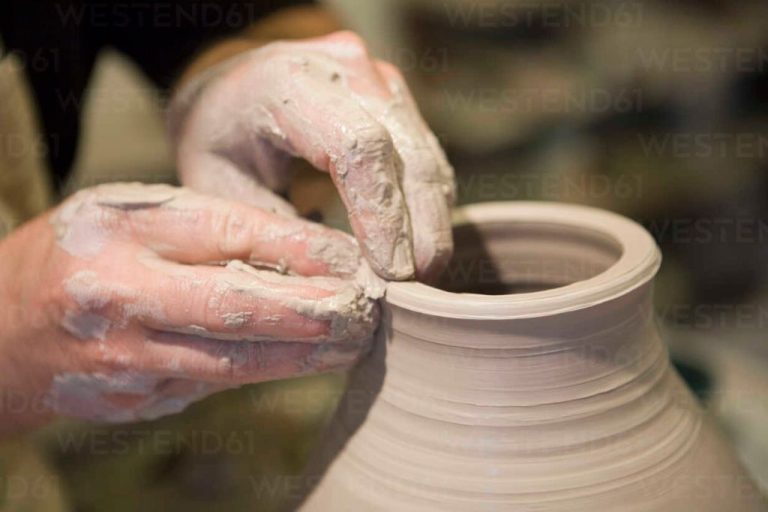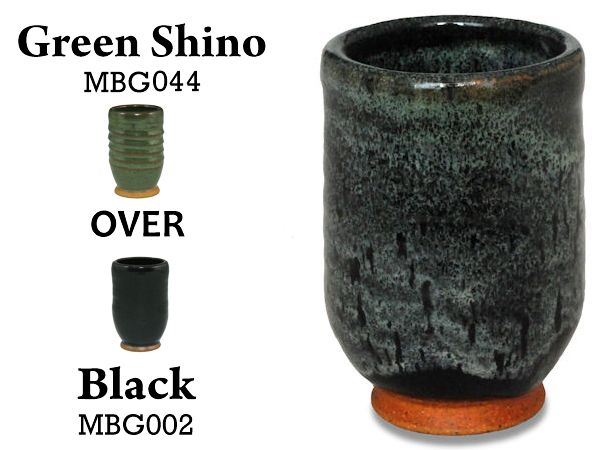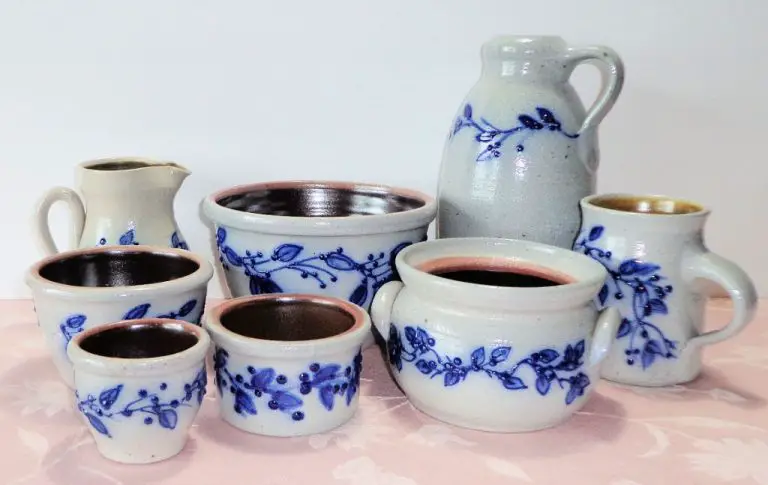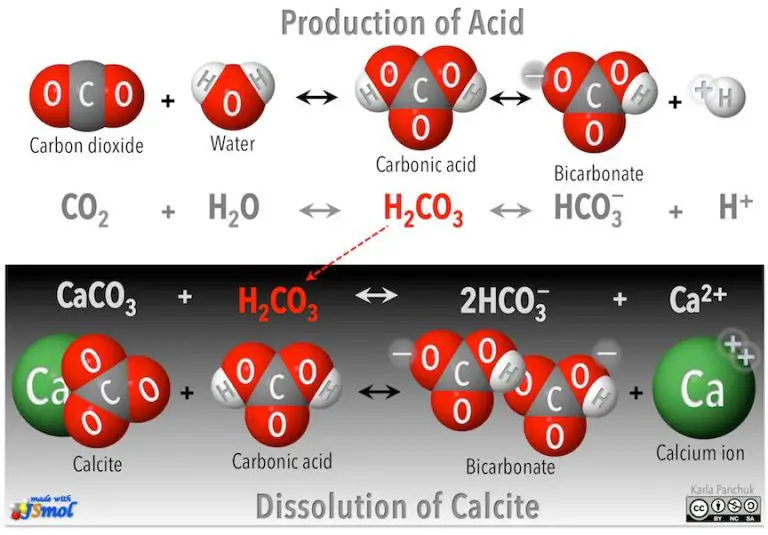What Clay Is Similar To Cosclay?
What is Cosclay?
Cosclay is a brand name for one of the most popular polymer modeling clays. Polymer clays are made from PVC resin mixed with plasticizers and coloring. When polymer clay is baked, the plastics bond together to form a durable, solid material that can be sculpted, molded, and shaped.
Cosclay gained popularity among clay artists and hobbyists for its versatility. It maintains fine detail, doesn’t dry out in air, and becomes permanently hard after baking. Cosclay can be molded into complex shapes, hand-sculpted into figures, used to make decorative objects, molded over armatures, or even mixed with liquid clays in clay slips and pastes. Its smooth, consistent texture also makes it enjoyable to work with.
Cosclay comes in a wide variety of vibrant colors that can be blended and mixed to create custom hues. It’s an accessible modeling clay that’s easy to find online and in arts & crafts stores. Cosclay has become a preferred polymer clay brand for its ease of use, cost effectiveness, and ability to achieve professional results.
Clay Types and Properties
There are several main types of clay used for modeling and sculpting:
Polymer Clays
Polymer clays are plastic-based modeling clays that cure when baked in a regular oven. Popular brands include Sculpey, Fimo, and Premo. Polymer clays are easy to work with, hold fine detail, and come in a wide variety of colors.
Oil-Based Clays
Oil-based clays like Monster Clay and Chavant NSP Clay are made of waxes, oils, and fillers. They have a smooth, clay-like texture and do not require baking. Oil-based clays are excellent for sculpting detailed characters and models.
Epoxy Clays
Epoxy clays such as Apoxie Sculpt are two-part clays that create durable models that don’t require baking. They cure at room temperature to a hard, ceramic-like finish. Epoxy clays are often used for making miniatures, jewelry, and props.
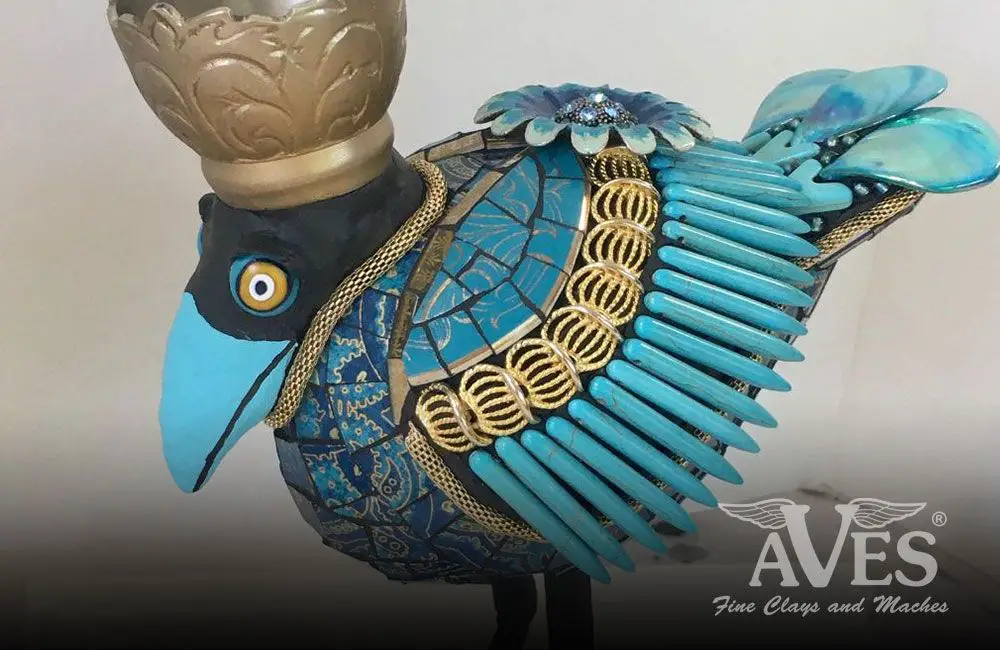
Polymer Clays
Polymer clays like Cosclay are made from plastic, often polyvinyl chloride (PVC). They have a pliable, clay-like texture when raw that hardens into a strong, durable material when baked. Polymer clays are popular for jewelry, doll making, sculpting and other crafts as they come in a wide array of colors and finishes.
Some of the top brands of polymer clay include:
- Premo Polymer Clay – One of the most popular brands, Premo has a smooth texture and vibrant colors. It bakes hard and holds fine detail well, making it great for jewelry and figurines. Premo is non-toxic when cured. [1]
- Sculpey Polymer Clay – Another leading brand, Sculpey has over 60 colors available. It’s flexible and easy to condition, with a slightly porous finish when baked. Sculpey works well for earrings, beads and sculpting. [2]
- Fimo Polymer Clay – Manufactured in Germany, Fimo has a smooth creamy texture. It comes in standard, soft and effects varieties. Fimo holds fine detail and has vibrant colors after baking. Great for figurines, jewelry, and embellishments.
Polymer clays allow crafters to create durable, professional finishes in a wide palette of colors. Their moldability before baking makes them extremely versatile for various projects and applications.
Premo Polymer Clay
Premo polymer clay is one of the most popular brands of polymer clay. It was developed by Sculpey and has a smooth, creamy texture that makes it easy to condition and shape (https://m.startribune.com/full_site_redirect/?rurl=http%3A%2F%2Fфсорвз.рф/3hJGo16fe98.php).
Some key properties and characteristics of Premo polymer clay include:
- It has excellent strength and flexibility compared to other polymer clays.
- Premo clay can be sculpted and molded into very fine details.
- It has vibrant colors that do not fade or discolor over time.
- The clay has a translucent finish when cured, giving projects a realistic, porcelain-like appearance.
Premo clay is ideal for jewelry making, figurines, dolls, and any detailed sculpture. It holds fine tooling marks well. Many polymer clay artists prefer Premo because it has less sticking and blending issues compared to other brands.
Some downsides to Premo include it being slightly more expensive than other polymer clays. Premo also cannot be hardened inside an oven, requiring alternate curing methods. Overall, Premo is an excellent choice for most polymer clay projects due to its versatility, appearance, and handling.
Sculpey Polymer Clay
Sculpey is one of the most popular brands of polymer clay, manufactured by Polyform Products Company. Some key facts about Sculpey polymer clay:
- It has a smooth, creamy texture that is easy to condition and blend colors.
- Sculpey clays harden in a home oven at 130°C/275°F for 15 minutes per 6mm of thickness. They do not require a dedicated polymer clay oven.
- The clay has good strength and flexibility when cured, making it suitable for sculpting detailed objects.
- Sculpey is available in a wide range of colors including metallics like gold and silver.
According to a review on the sculpture blog Jessama Tutorials [1], Sculpey’s advantages include its low price point, easy color mixing ability, and wide availability. However, cured Sculpey can be brittle compared to other brands. The clay also contains traces of sulfur, which creates an unpleasant odor when baked.
Overall, Sculpey is an affordable and versatile polymer clay well-suited to jewelry making, miniature food sculptures, doll customization, and other small crafts. Its flexibility when conditioning and wide color range make it a good choice for beginners.
Fimo Polymer Clay
Fimo is a popular brand of polymer clay made by Staedtler. Some key facts about Fimo polymer clay:
- Fimo clay comes in a wide range of colors including standard, pearl, and neon options.
- It has a smooth, creamy consistency that is easy to condition and shape.
- Fimo sets hard in about 30 minutes at 265°F. It can be baked in a regular home oven.
- Once cured, Fimo has a durable finish that makes jewelry and sculptures long-lasting.
- Fimo is an oil-based polymer clay that does not dry out quickly while working with it.
Some pros of Fimo clay are its vibrant colors, flexibility when conditioning, and smooth finished surface. Cons can include sticky texture before conditioning and potential to scorch if overbaked. Fimo is a great choice for detailed sculpting, jewelry making, miniature food models, and more. Its versatility and wide color selection make it popular for crafters and artists.
Oil-Based Clays
Oil-based clays, also known as plasticine, are made from petroleum-based ingredients. Some common brands of oil-based clays include Van Aken Plastalina, Staedtler Fimo Soft, and Newclay Products. Oil-based clays have a smooth, silky texture and remain soft even when left out indefinitely. This makes them excellent for sculpting fine details. The downside is they never fully harden and can leave oily residues on hands and surfaces.
Here are some key properties of oil-based clays:
- Smooth, velvety texture – glides easily under sculpting tools
- Never hardens completely – stays malleable indefinitely
- Doesn’t dry out or become brittle
- Safe and non-toxic
- Available in a wide variety of colors
- Can leave oily residues behind
- Doesn’t hold fine details as precisely as polymer clays
Oil-based clays are best for:
- Sculpting organic shapes and figures
- Modeling smooth surfaces and blending colors
- Creating prototypes and concept models
- Crafting with young children
- Making stop-motion animations
The permanence and never fully hardening nature of oil-based clays makes them less suitable for detailed miniatures, jewelry, and items requiring stability. But for free-flowing sculpting, oil-based clays deliver an unparalleled soft, malleable consistency.
Epoxy Clays
Epoxy clays are a type of oil-based modeling compound made from a two-part epoxy resin. They are known for their strength, durability, and intricate detailing abilities. Some of the most popular brands of epoxy clay include:
- Apoxie Sculpt – Comes in various colors and is best for sculpting and mold making. It’s waterproof and shrink-proof.
- Magic Sculpt – Good for sculpting and is moldable and sandable. It cures to a hard, durable finish.
- Milliput – Available in various colors and best for fine details and mold making. It can be drilled and tapped when cured.
- Green Stuff – Good strength and adhesive properties make it ideal for repairs and modifications.
Compared to polymer clay, epoxy clay is much stronger when cured. It can be drilled, sanded, shaped and worked just like wood or modeling clay. The two-part formula cures chemically without heat, so finished pieces don’t require baking. Epoxy clays are great for jewelry making, modeling, prototypes, doll customization and any application requiring intricate details and superior strength.
Best Cosclay Alternatives
When looking for clays similar to Cosclay, the top alternatives are:
Kato Polyclay
Kato Polyclay is considered one of the best polymer clays for sculpting small figures, jewelry making, and other detailing work where a firm clay is needed (Source). It has a smooth, easy to condition texture that is great for achieving fine details. Kato Polyclay holds its shape well during baking and creates durable finished pieces.
Sculpey III
Sculpey III is an affordable, versatile polymer clay that can substitute for Cosclay in many applications (Source). It has a soft, pliable texture when conditioned that allows bending and sculpting intricate shapes. Sculpey III bakes to a strong, durable finish and is available in a wide range of colors.
Fimo Professional
Fimo Professional clay provides sculpting properties very close to Cosclay with a smooth texture and good flexibility (Source). Many consider it one of the highest quality polymer clays. Fimo Professional holds fine details well and creates durable baked pieces. The extensive color range allows close color matching to Cosclay.
Choosing the Right Clay
When selecting the best clay type for your sculpting needs, there are several key factors to consider:
Intended Use – Are you sculpting a small decorative piece, a jewelry piece, or a large sculpture? Oil-based clays like polymer clay are best for smaller detailed pieces that will be baked to harden. Water-based clays are good for larger pieces but may require armatures for support.
Durability – Oil-based clays produce durable finished pieces. Air-dry clays and water-based clays may be more fragile unless sealed properly. Epoxy clays cure to an extremely hard finish.
Workability – Polymer clays remain workable until baked. Oil-based clays like plastilina stay malleable for extended working time. Water-based clays can dry out while working.
Detail – Polymer clays allow very fine detail work. Oil-based clays vary in ability to capture fine details. Water-based clays may be less suitable for intricate detailing.
Safety – Polymer clays and air-dry clays are non-toxic. Some oil-based clays contain ingredients that can irritate skin. Proper ventilation is needed when baking polymer clays.
Considering your particular goals and setup will help determine which clay characteristics are most important. Test different clays to find the best match for your sculpting needs.

